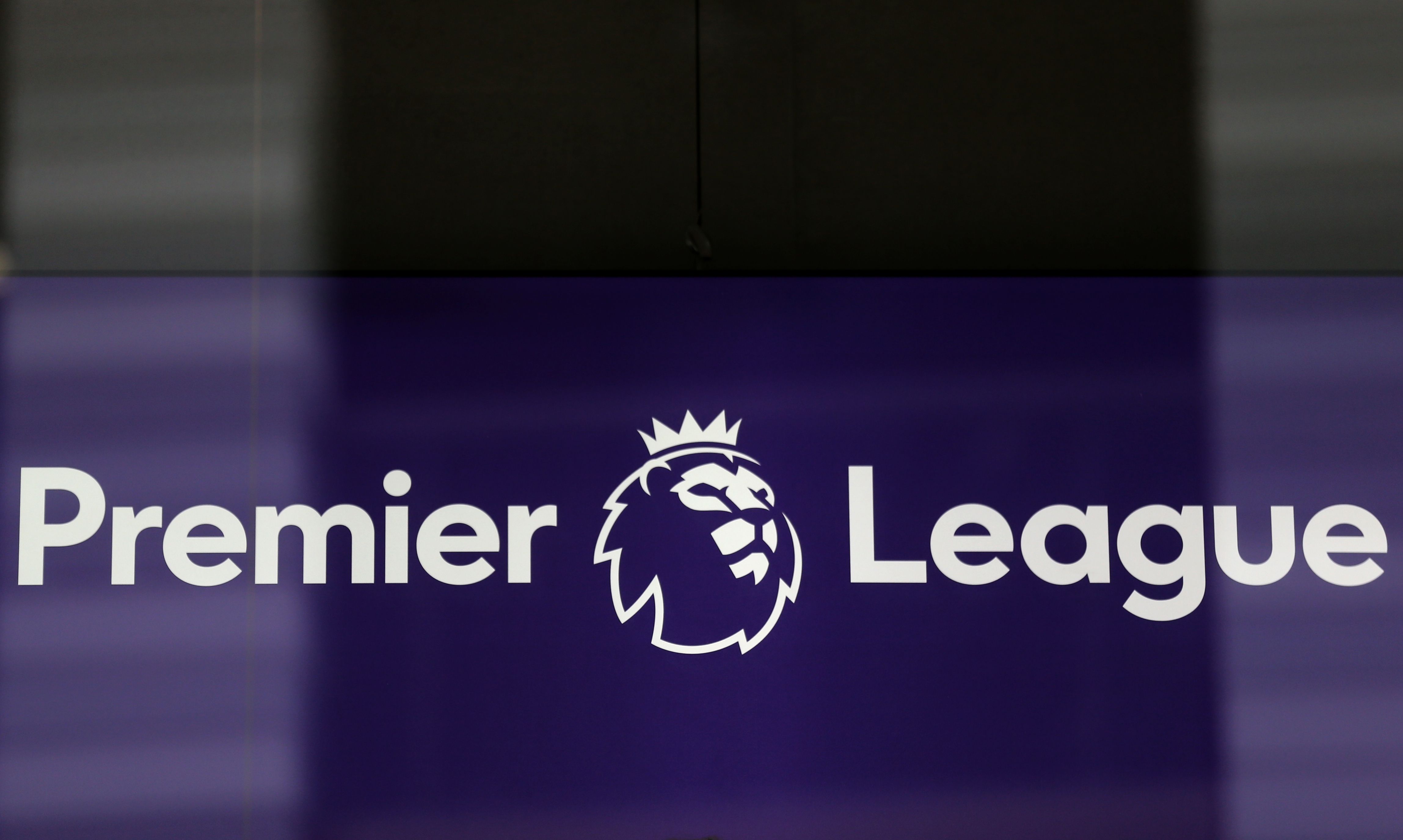

Profit and sustainability (PSR) violations have come to be a real worry for Premier League clubs over the past couple of seasons, especially after the imposition of points deductions for breaching the rules. So is anyone staring down the barrel of a potential punishment in 2025/26?
It's worth saying here that we are talking about estimated numbers for the financial year that will end on June 30 2025, and that each club could be in quite a different position when it comes to their PSR position for 2025/26, which officially begins on July 1.
But it's still a glimpse into what each club might look to do in the transfer window over the rest of June...and what the consequences might (or might not be) if they aren't able to get the business done that they need to.
What do the estimations say about Premier League club's PSR position?
The Athletic have worked out some rough figures based on what information is publicly available about the soon-to-end 2024/25 financial year, and quite rightly urge caution that the calculations are rough estimates based on incomplete information and estimations.
Quite a few sides are much of a muchness: Arsenal, Brentford, Crystal Palace, Fulham, Liverpool, Nottingham Forest, West Ham and Wolves are are pretty solidly in the middle of the pack without too much to worry about unless there's some ghastly surprise hiding in this season's figures; all of them are said to be able to bear to make a loss of �50m-�100m without worrying about PSR.
Bournemouth and Sunderland are both only able to make losses of around �33m-35m this season to be compliant, but that is not felt to be an issue thanks to Bournemouth's big player sales and Sunderland's relatively small cost base.
Whose PSR position is believed to be especially strong?
Manchester United are at the more flush end of things, though their calculation is rather more complex than most thanks to their corporate structure, the exact ins and outs we won't bore you with. Ultimately, though, they reckon United could stand to have lost up to �141m this season without it raising PSR concerns.
But that's still only around half the losses that Brighton, Chelsea, Manchester City and Tottenham could absorb. All of them are at or approaching the �300m mark for estimated permissible losses.
In Brighton's case, in particular that's down to some extremely savvy work in the transfer market, while Chelsea have benefitted from selling off their women's team, hotels and car parks.
So whose position is looking tricky?
Who's said to be potentially at risk of running afoul of PSR?
The Athletic rate Aston Villa as being at greatest risk, thanks to having the largest pre-tax loss in the Premier League over the past two years; they believe that Villa could only stand a loss of up to �15m in the year up to June 30, and that they could be cutting it fine to hit that mark. They expect Villa to make yet more player sales before the end of the month to help things out.
Newly-promoted duo Leeds United and especially Burnley also need to tread carefully, thanks to having a lower loss limit due to having spent time in the Championship.
They believe Burnley would need to record a profit of �20m this season, making them the only club in the Premier League who they think can't take any loss at all - but some accounting jiggery-pokery available to them as a newly-promoted club, plus some big player sales last summer, should be a substantial enough help with that.
And then there's Everton and Newcastle, both of whom have had to keep a careful eye on PSR over the past couple of years. Neither gave themselves much wiggle-room with their previous years' accounts. Both are expected to be fine, and Newcastle in particular could be in quite a flush position once the new financial year starts in July thanks to their Champions League qualification.

